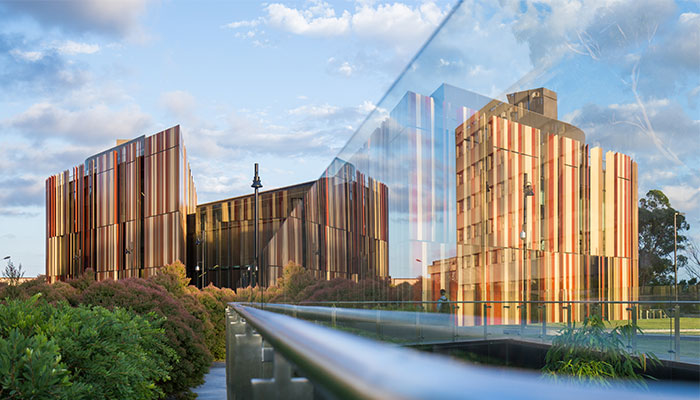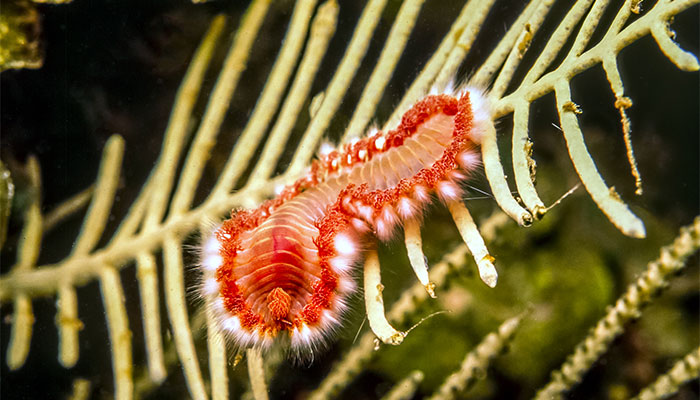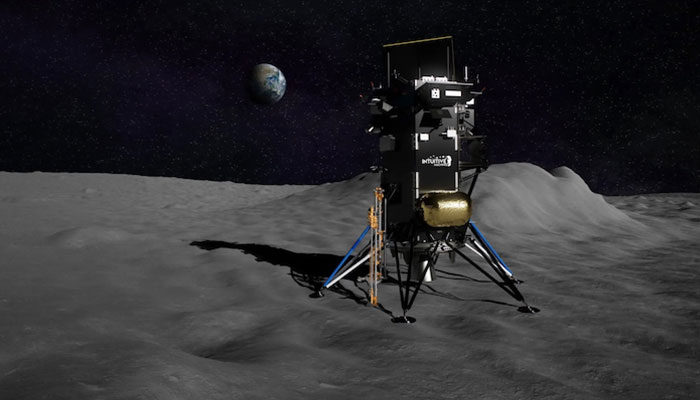The breakthrough was highlighted at the 7th International Yeast 2.0 and Synthetic Genomes Conference, hosted by Macquarie University from 26-28 November 2018.
Professor Isak (Sakkie) Pretorius, Deputy Vice Chancellor, Research at Macquarie University and conference host, said the announcement marks a watershed moment in life sciences research.
“Macquarie University brought the field of synthetic genomics to Australia and is a recognised global leader in synthetic biology research,” said Professor Pretorius.
“As the only Australian university in the international Yeast 2.0 consortium, we have united some of the best minds in biology, engineering, computer science, social sciences and business. Our researchers have fully synthesised two of yeast’s 16 chromosomes. Working collaboratively as part of a global team, the consortium can now deliver the world’s first complex living cell powered by 16 man-made chromosomes.”
“Moving forward, Macquarie is ideally placed in Australia to lead large-scale collaborative projects in this area, including the discovery and development of biosensors, bioenergy, biodegradable pesticides, ‘next generation’ antibiotics and vaccines, personalised medicine and gene therapies.”
More than 170 scientists from across the globe attending the conference which was co-chaired by Professor Pretorius and Professor Jef Boeke, Founder and Director of the Institute for Systems Genetics at NYU Langone Medical Centre in New York.
The Chief Scientist, Dr Alan Finkel, and Professor Jef Boeke were also conferred with honorary doctorates from Macquarie University during the conference.
The conference explored the potential applications, economic repercussions and bioethics of ‘synbio’, including its implications for human health and energy production around the globe.
“Macquarie University is forming partnerships with like-minded organisations to potentially reinvent and create new industries including manufacturing, industrial biotechnology, environmental remediation, biosecurity, agriculture and healthcare research,” said Professor Pretorius.
“Similar to other G20 countries, Australia’s emerging bioeconomy will be driven synthetic biology and the availability of a biofoundry. Accordingly, we are inviting the next generation of innovators to join us and support the Australian Genome Foundry, to be based at Macquarie Park.”



